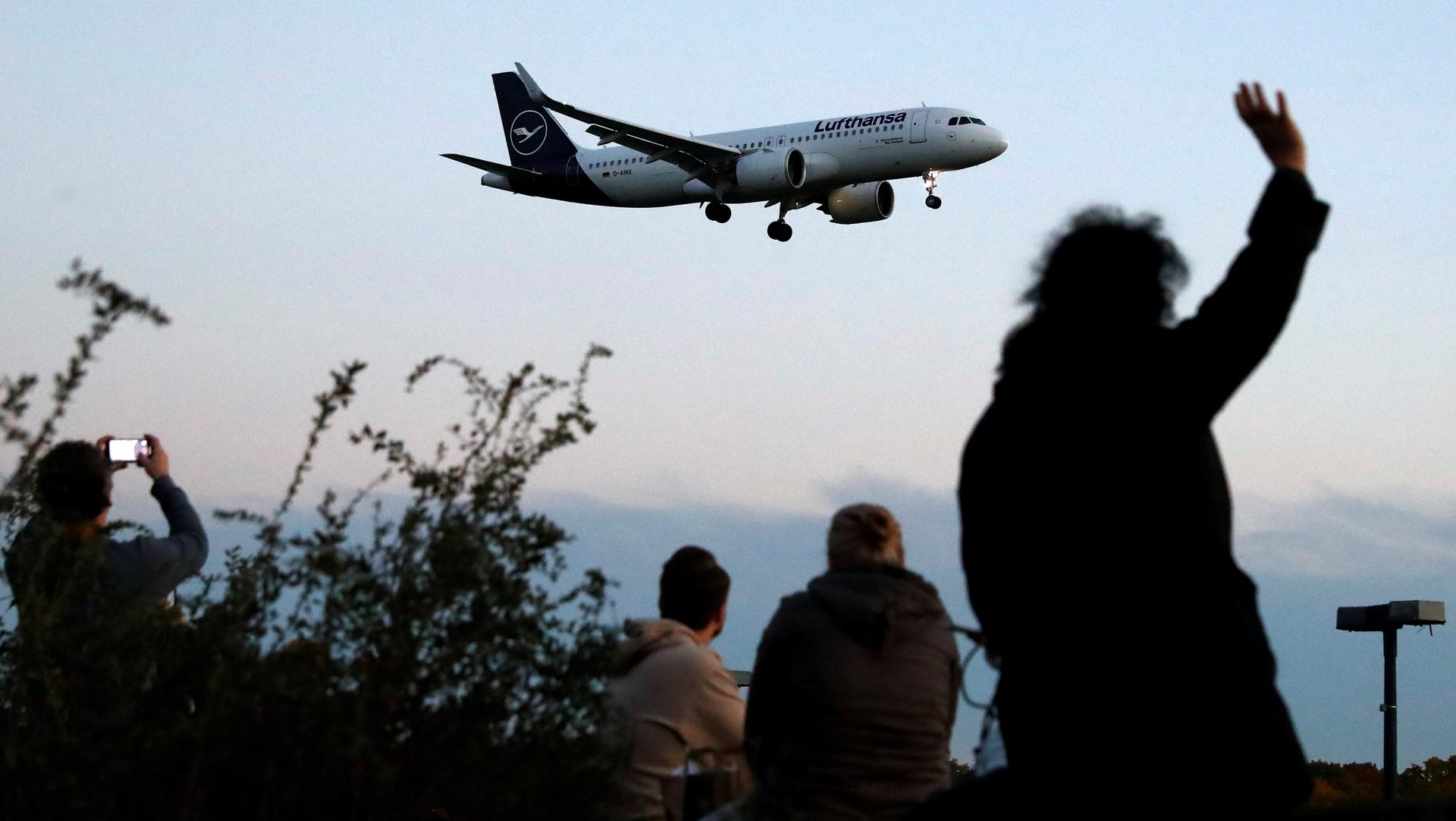The EU’s new vaccine passport is causing whiplash for Africans and Indians
When news broke out this past week that the EU’s new vaccine passport system would not let in recipients of the Indian-made version of the AstraZeneca vaccine, called Covishield, public backlash was swift.


When news broke out this past week that the EU’s new vaccine passport system would not let in recipients of the Indian-made version of the AstraZeneca vaccine, called Covishield, public backlash was swift.
“These developments are concerning, given that the Covidshield [sic] vaccine has been the backbone of the EU-supported COVAX contributions to the AU Member States’ vaccination programs,” the AU and the African Center for Disease Control and Prevention, said in a statement. Adar Poonawalla, the CEO of India’s Serum Institute—the manufacturer of Covishield—tweeted, “I have taken this up at the highest levels and hope to resolve this matter soon.”
The controversy around the vaccine passport stems from the fact that Covishield is theoretically already authorized in the EU, UK and by the World Health Organization. But the EU distinguishes between one brand of the AstraZeneca jab, named Vaxzevria, and its identical, but Indian-made version, called Covishield. Covishield is also the main vaccine that has been distributed in Africa and India.
The move effectively cut off Africans and Indians from any prospect of traveling to European countries. On July 1, a handful of European countries reportedly recognized the Covishield vaccine, offering hope that more countries in the block may likewise recognize the vaccine soon.
But Oyewale Tomori, a professor of virology and the chairman of the ministerial expert advisory committee on Covid-19 in Nigeria, believes the concept of a vaccine passport was wrong from the onset. He fears these types of passports will create the wrong impression that the vaccines not approved by certain countries will be of poorer quality.
“The whole idea of a vaccine passport should be scrapped until we all have access to the vaccine,” Tomori says.
The vaccine passport disproportionately impacts Africans and Indians
In African countries and India, the majority of the doses that have been delivered are of vaccines not recognized by the European Medicines Agency (EMA.)
The latest news indicates that the EU vaccine passport system only recognizes Comirnaty (BioNTech-Pfizer), Moderna, Vaxzevria (AstraZeneca made in EU), and Johnson & Johnson—all European and American-manufactured vaccines—that have been approved by EMA as well by the World Health Organization (WHO.)
However, the system doesn’t recognize the other WHO-approved vaccines, such as Chinese Sinopharm and Sinovac vaccines, and the other two brands of the AstraZeneca vaccine manufactured by Serum Institute of India (Covishield) and SKBio in the Republic of Korea.
According to data collated by WHO, doses of the EMA-approved vaccines are less than 13% of doses that have been delivered in Africa. According to New Indian Express, an affidavit by India’s Union Health and Family Welfare Ministry showed more than 90% of the doses that have been administered in India are Covishield doses.
The EMA told CNN in a recent statement that “EU law requires the manufacturing sites and production process to be assessed and approved as part of the authorization process,” and explained that “even tiny differences in the manufacturing conditions can result in differences in the final product.”
The WHO in response to the policy stated that they and the EMA use the same standards in assessing vaccines and vaccine manufacturers may choose not to apply for EMA approval if they do not intend to market their vaccines in EU member countries.
“Vaccine shortages are already prolonging the pain of Covid-19 in Africa. Let’s not add injury to injustice,” said Dr. Matshidiso Moeti, WHO Regional Director for Africa. “Africans must not face more restrictions because they are unable to access vaccines that are only available elsewhere.”
According to European Center for Disease Control Covid-19 vaccine tracker, 61% of the adult population in the EU has received at least one dose of Covid-19 vaccine and 39% have been fully vaccinated compared to Africa where only 2% of its population has received at least one dose.
Travel was already difficult for those who were in countries with low vaccination rates
African and Indian travelers are not the only people who stand to lose with the current situation.
Prior to this, EU countries had already put many countries with low vaccination rates or a surge in the pandemic on the travel red list, with some airlines limiting their flights to some destinations.
“Traveling in the pandemic has become already a burden [in terms of cost and time],” Carmen Nibrigia, a tourism expert at Deutsche Gesellschaft für Internationale Zusammenarbeit (GIZ), tells Quartz. “To add another bottleneck and restrictive processes will add another layer of changes to already prohibitive measures some African countries are facing in visiting or entering the EU.”
Nibrigia explained that while the new measure will affect those who cannot access the right vaccines under this scheme for important trips related to healthcare, business, and trade, there will also be a significant loss in terms of revenues for some of those European countries benefiting from this flow of people.
“For instance, airline companies like Air France, KLM, SN Brussels with a huge footprint on African market stand to lose,” she said. One has to see this as a two-way traffic challenge that can’t be dealt with by only one party.”
Sign up to the Quartz Africa Weekly Brief here for news and analysis on African business, tech, and innovation in your inbox.